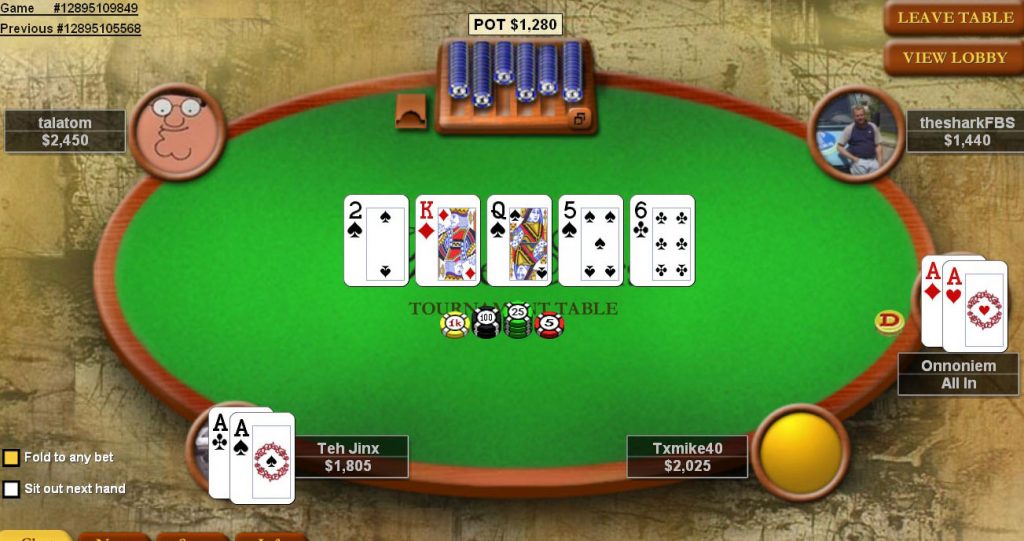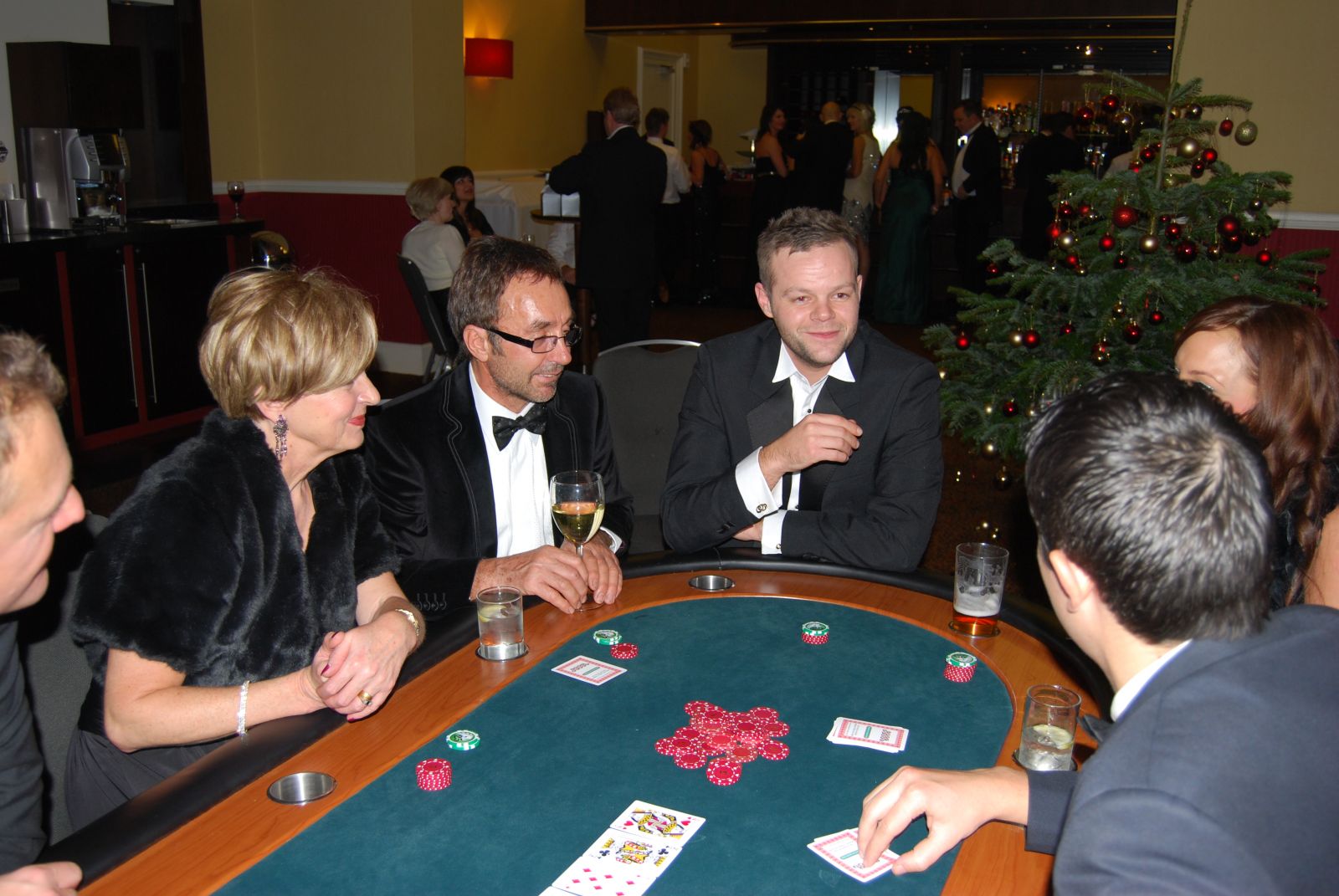
Everything We Do Is A Gamble
“Everything We Do is a Gamble”
This is one argument that I used to hear (and admittedly had caught myself saying this to others before) time and time again, that “everything we do is a gamble”. The statement sounds valid. Until one looks at it from another perspective; seeing that the sentence is very misleading.
“Gamble” and “risk-taking” are commonly known to have similar meanings but when you gable on http://lighttoto.com you get a much better understanding of the risks and benefits involved with gambling. Think again. Maybe you’ll find yourself changing that stand after looking at the two words in a proper context.
Gambling
I’ve based examples of gambling in this book as actions we take without knowing how things work and hoping for the best results. The lottery is a fantastic example. The only strategy to win every single draw is to buy every combination available. Even so, the latter game does include a feature where there are limits placed on the combination, so not everyone can eventually buy everything.

The odds are heavily stacked to the houses’ advantage, making it a gamble if you have no idea how you can beat the game and getting consistently positive results from it.
Risk-Taking
This time, you know how the game’s being played, and before entering you’ll already have a strategy that will reap consistent profits from it if you stick to the plan. You also know that you are open to a chance of losing your initial capital. That’s a risk that you’ve factored in before taking action.
Perhaps an example might help one understand the difference between the two better.
The Physical Strength Example
Let’s say that you are placed in two different scenarios. The first would be where you are tasked to stop a train at the tracks with your bare hands. For the second, you are tasked to lift 10kg weights, and subsequently increasing the weight by another 2kg for the next set.
If you were able to stop the train in task 1, good. You’ll be known as a superhuman beating galactic odds. If you were to reach a point at task 2, where the weights go beyond what you could have usually carried, you know that you have what it takes to consistently beat that limitation from this point on.
Which of the two tasks would you rather be doing?
Maybe the example used was towards the extreme, but it does show clearly the difference between a gamble and taking risks.
You are gambling your life by jumping onto the tracks and trying to do a feat which you are already forced to do in only one way, that is to use your bare hands and try stopping it head-on—that is just crazy. The train was made to go at high speeds and the materials used made it durable and able to withstand the toughest of conditions.
Similar to gambling, one can only go into a game with one, narrow, way, that is to place a bet; you aren’t allowed (or led not) to do anything else besides that. Restrictions are strategically put in place to make it to the best advantage for the house.
Not you
For the weight lifting scenario, you know that physical growth would be your gain. There’s a risk that you may get sore arms or that you will feel intense pain the very next day. You might even pull a muscle if you jumped a few kilos and went for something way beyond what you currently have barely managed to carry. But you know that those are only risks, as you have that which you require to consistently beat limitations with a solid strategy, pairing up with your core knowledge of lifting weights (without hurting yourself immediately).
Everything you do is not a gamble.
Would you think that it will be better now to take up a logical approach by adopting a mindset where you rather be at the advantage and understanding what risks are because everything you do is not a gamble?

